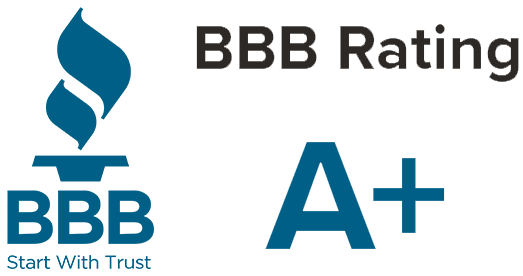Are You Ready to Become a Prime Contractor? Find out.
Rose Report: Issue 57

By Ted Rose, CEO Rose Financial Solutions
The new government fiscal year is right around the corner, opening opportunities for prime contractors in the upcoming year. If you are a government subcontractor or commercial company wanting to make the jump to working directly with the federal government, now is the time to implement processes to manage subcontractors and ensure that the work defined by the contract is completed on time and within budget.
A major challenge for contractors, according to Deltek’s Clarity 2022: Government Contracting Industry Report , is keeping up with the rising demand for critical functions, such as finance, procurement, and project teams, to help them eliminate manual processes and recognize risks before they become systemic. For businesses aiming to become prime contractors having the proper mechanisms in place to avoid pitfalls is essential. Here are some tips to help put you on the path to winning contracts.
DCAA compliant accounting system
First and foremost, having a Defense Contract Audit Agency (DCAA) certified accounting system for your business is a necessity. If you aren’t DCAA compliant, you run the danger of being turned down for government opportunities. Your accounting system must have sufficient internal controls to ensure the validity and accuracy of your financial statements. Can you prove that you correctly report all transactions and strictly follow required policies and procedures? If not, you should schedule an evaluation of your accounting system immediately.
Project management systems
Contractors working for the government know that success depends on executing tasks on time and within budget. However, according to Deltek’s 2022 report, many survey respondents indicated that staying on schedule presented a more significant challenge than budgets did in 2021. During uncertain times, government contractors must ensure that projects remain within budget and timeline, despite shortages in human resources and supply change issues. Implementing a project management system that connects finance and accounting functions, provides budgeting and forecasting, and tracks project progress helps guarantee that you meet each project’s objectives in terms of time and cost.
Analyze and reconcile accounting records
The DCAA requires contractors to divide their costs into categories, which commonly include general and administrative expenditures, overhead costs, and fringe benefits, to determine the indirect rates charged to the government. To ensure the budgeted indirect rates you give the government at the start of the year remain in line with the actual costs of carrying out the work, you should reconcile your balance sheet and income statement accounts monthly. At the same time, make sure to keep an eye on indirect cost pools.
Forecast expected revenues and expenses
To set an appropriate rate for your product or service for next year, you must forecast expected revenues and expenses. Financial reports from the previous year can be used to establish budgets, predict costs, establish provisional rates, and set revenue expectations. To estimate future revenues, analyzing the inflow and outflow of previous funds is necessary. These figures and current and expected contract figures should provide a benchmark of what your firm can expect to earn.
As your business grows and secures more contracts, your accounting processes must evolve too. At RFS, we have a 27+ year track record of preparing our clients for growth through a cost-effective and scalable finance and accounting infrastructure.
Winning more contracts translates to more revenue, more employees, and more transactions. We make sure your back-office is ready for this increase in activity by providing:
- Audits for DCAA compliance
- Accurate project profitability and indirect rate reports for your contracts
- Month-end close, AP, AR, and payroll support
- Project management system that connects finance and accounting functions, provides budgeting and forecasting, and tracks project progress
Please find out how cost-effective our GovCon solution is by visiting our pricing calculator.
This content is for information purposes only and should not be considered legal, accounting or tax advice, or a substitute for obtaining such advice specific to your business.
Share this article:
Visit Us On:




